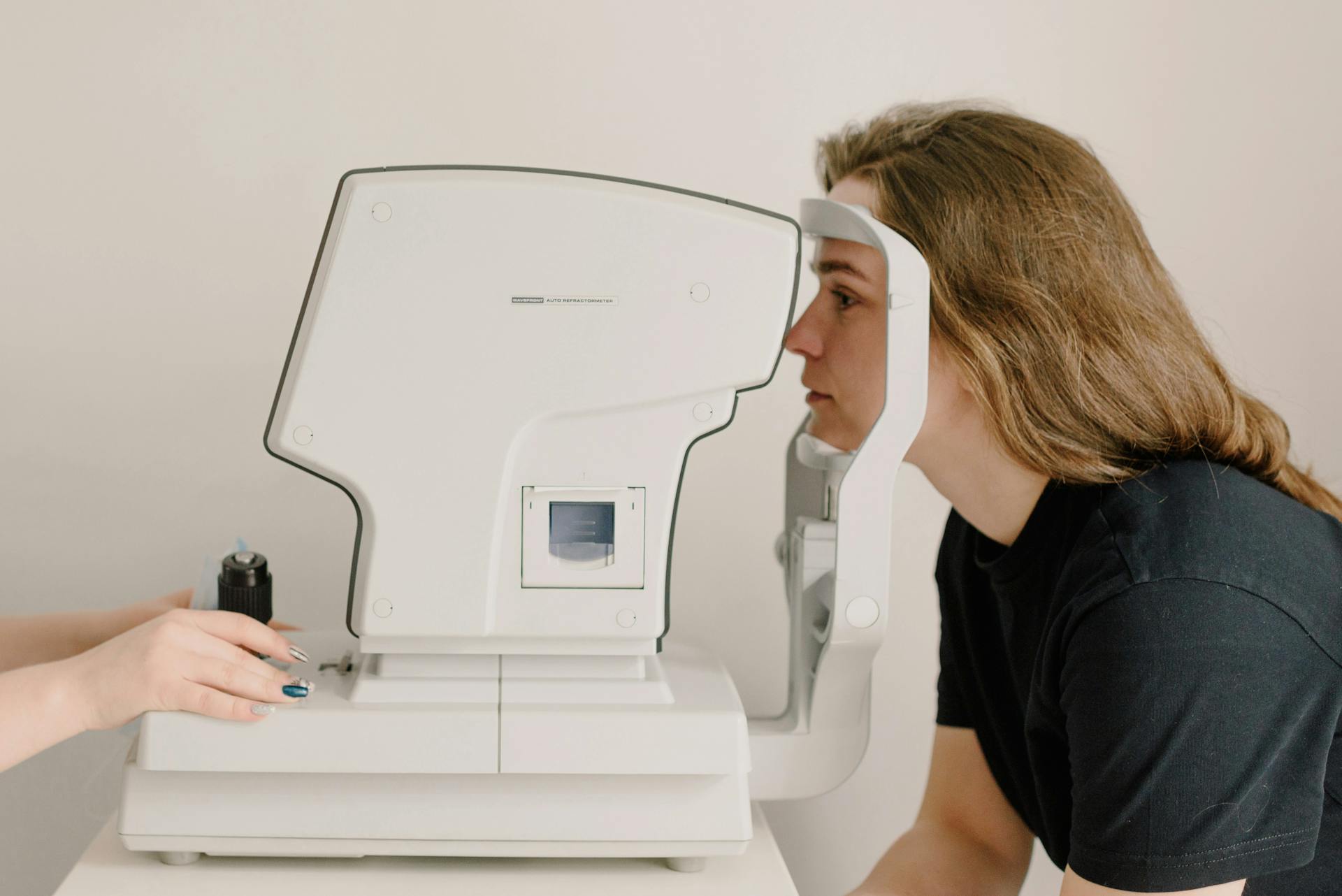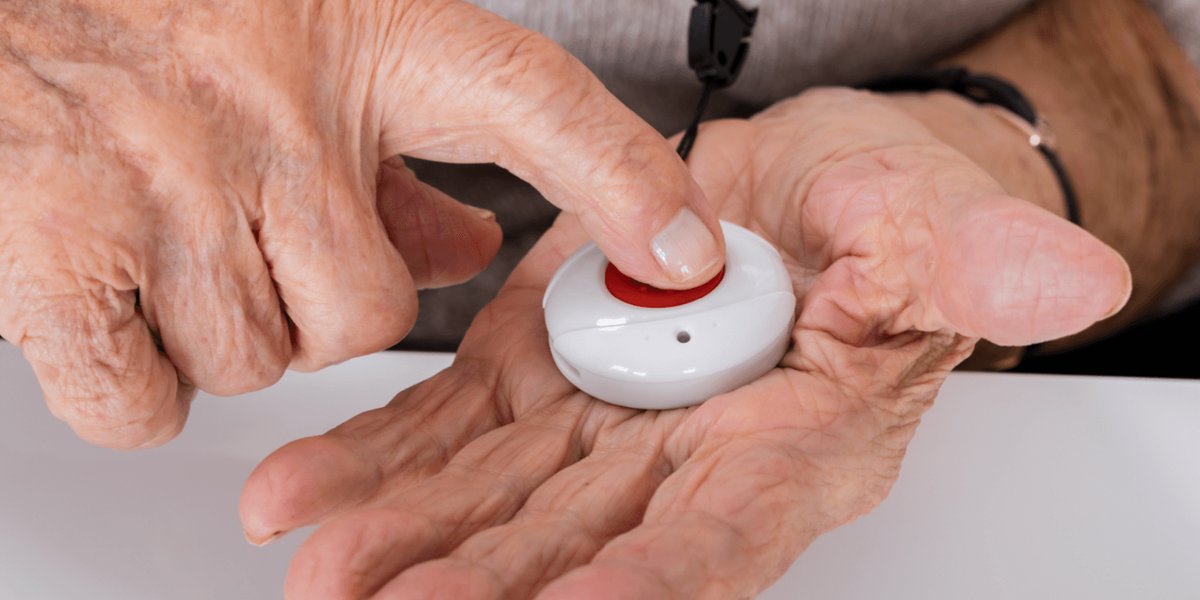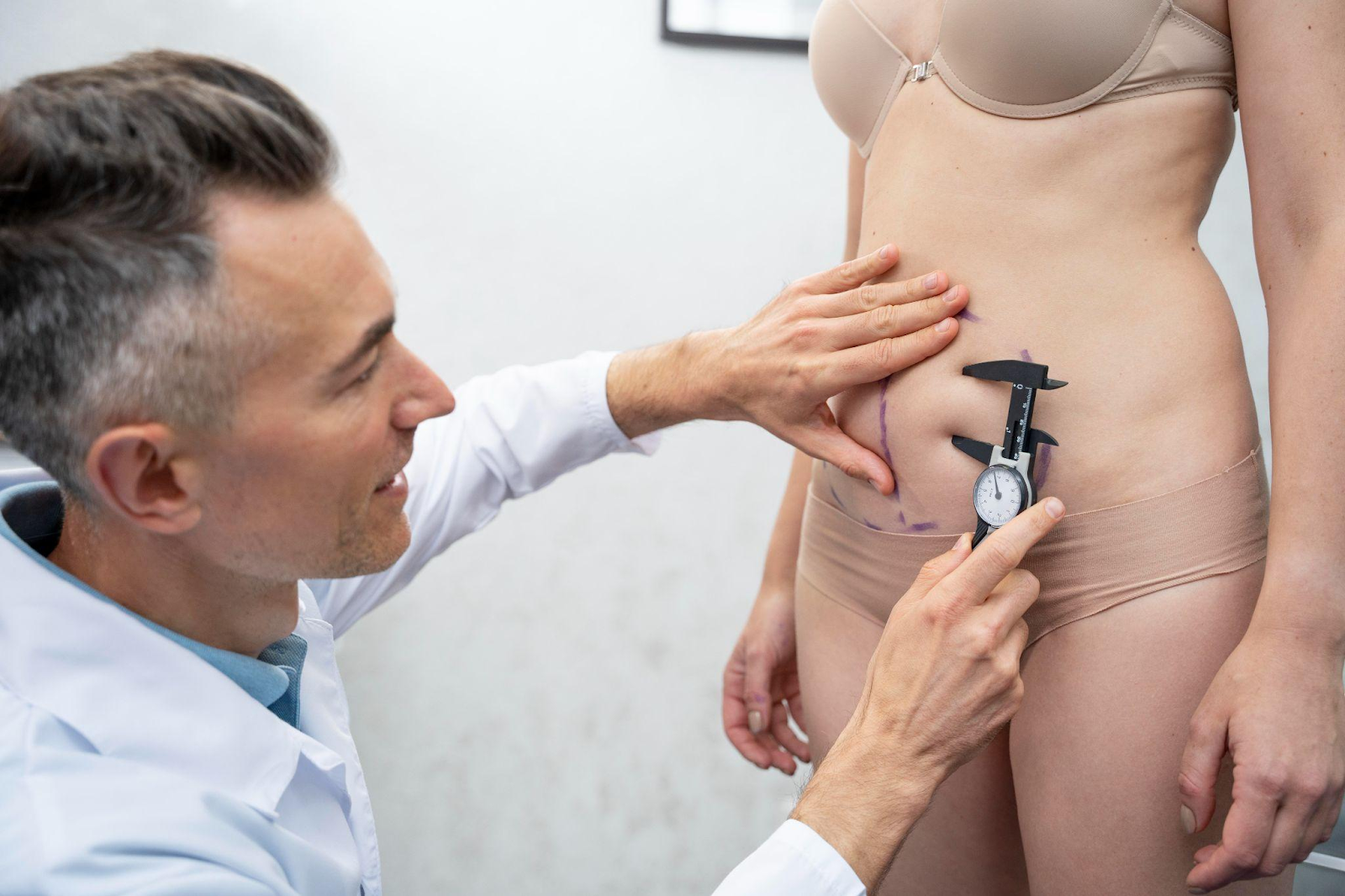Vision is one of our most precious senses, and caring for it involves various responsibilities, including regular eye exams. These appointments are crucial not only for checking your current prescription but also for assessing the health of your eyes. While most people understand the preparations they need to make before visiting their optometrist, many are unaware of the actions they should avoid, which can improve the accuracy and effectiveness of their exam. By adhering to these simple guidelines, you can ensure that your eye exam produces the best results for the health of your eyes and your vision needs.
Don’t Overlook Your Pre-Appointment Instructions
It’s all too easy to skim over the details in the email or text message reminding you of your appointment. However, this correspondence often includes vital information on what not to do before your eye exam. For instance, you may be advised to bring sunglasses if your eyes will be dilated, or you might be reminded to bring your current glasses or contacts. These small actions can make a big difference in the ease of your appointment and the thoroughness of your exam. Be sure to review any communication from your eye care provider carefully to ensure you haven’t missed any crucial details.
Avoid Wearing Contact Lenses Longer Than Recommended
If you’re a regular contact lens wearer, it’s critical that you follow the prescribed wearing schedule. While it might be tempting to stretch the time between replacements, doing so can cause uncomfortable dryness, increased risk of infection, and inaccurate eye exam results. Contact lenses can affect the shape of your cornea, which is important in determining your prescription. Hence, wearing your lenses for longer than recommended may give a false impression of your vision needs, resulting in an incorrect prescription and potential eye strain.
Skip the Heavy Eye Makeup
While you may be keen to look your best for your eye exam, heavy eye makeup can interfere with the accuracy of certain evaluations, such as the assessment of your tear film and any tests involving your eyelids. Additionally, eye makeup that isn’t removed fully before an evaluation can introduce harmful bacteria to your eyes, especially in the case of contact lens wearers. These bacteria could lead to infections like conjunctivitis or blepharitis. To ensure a smooth and productive eye exam, it’s best to go bare-eyed or to stick to minimal eye makeup on the day of your appointment.
Don’t Pre-emptively Clean Your Ears or Use Ear Drops
Believe it or not, your ears can have a significant impact on the health of your eyes. Your optometrist may check your ears as part of the overall health evaluation during an eye exam, and they don’t expect them to be pre-cleaned. The presence of wax in the ears can indicate some health conditions, so unless your vision clinic specifically requests this, avoid using ear drops or any other form of ear cleaning before your appointment. Keeping your ears in their natural state can provide more valuable information about your overall health to your eye care provider.
Avoid Digital Screens Before an Exam
In the modern age, it’s near impossible to completely avoid digital screens, but doing so before an eye exam can provide more accurate assessments of your vision. The blue light emitted by screens can cause temporary refractive changes in the eyes, leading to inaccurate test results. To mitigate this, try to take a break from digital devices at least an hour before your exam. Use the time to relax, perhaps engage in conversation, or enjoy a walk outdoors. Not only will this improve the effectiveness of your eye exam, but it will also give your eyes a much-needed break.
Don’t Skip Bringing a List of Questions
Preparation for an eye exam goes beyond just avoiding certain activities. It’s important also to prepare mentally by considering any vision concerns or questions you may have. Vision is a vital component of everyday life, and your exam provides a valuable opportunity to address any worries you might have about your eyesight or the health of your eyes. Jot down your questions in advance and bring them with you to your appointment. This will ensure that you cover all the topics that are important to you and make the most of your time with the eye care professional.
Avoid Overthinking or Worrying
Anxiety can impact the outcome of your eye exam. You may squint, causing your eye muscles to adjust improperly, give hurried answers, or even forget to mention certain issues. Remember, an eye exam is routine for your optometrist, and they are there to help you, not to judge or scold you. Prioritize mental relaxation in the days leading up to your appointment. Practice deep breathing, and if worry arises, remind yourself that this checkup is essential for your health and that you’re in good hands.
Conclusion
Your eyes are precious, and routine exams are a vital part of maintaining their health and functionality. Avoiding certain activities in the lead-up to your appointment can ensure the most accurate results. From skincare habits to the conscious act of not worrying, every measure counts. Be proactive in how you approach your eye care and use these guidelines to turn your next eye exam into an even more valuable experience. Remember, a little preparation can lead to clarity not just in your vision but also in understanding and addressing your eye health.





